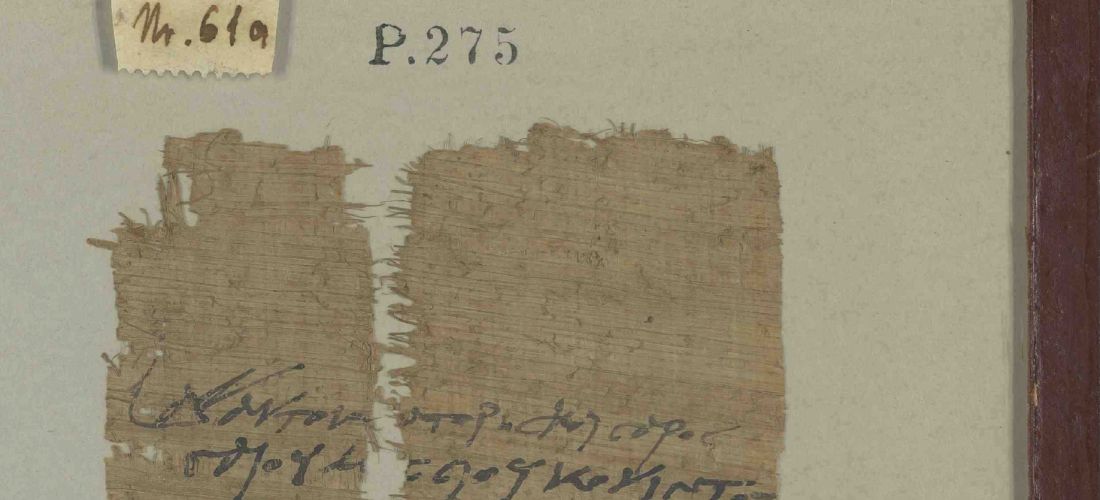International Conference, Hamburg, 6./7. February 2023
Click here for the pdf version.
Whilst the debate on colonial art in European museums has been in the limelight, and restitution is seriously considered, written artefacts have strangely been absent from the discussion. However as with artistic objects a significant part of manuscripts and early prints from outside of Europe in libraries, archives and museums of the Global North were appropriated within colonial contexts. They were acquired in unequal transactions, seized by colonial administrations, looted in military campaigns or bought by collectors with backing from the colonial powers.
To date, the vast number of manuscripts from former colonies in European libraries and museums has not remotely received the same degree of attention as have colonial art and objects. Despite high-profile cases of contested manuscripts from Ethiopia or Mexico and even successful restitutions to South Korea and Namibia, written artifacts seem to be considered too frequently as mere texts whose contents can be replicated, and whose physical location is therefore of secondary importance. However, this ignores the materiality of manuscripts, their cultural relevance and the epistemic consequences of their appropriation and dislocation.
The focus of manuscripts as text only disregards the epistemic aspects of the dislocation of manuscripts. Colonialism was not only a form of domination and a social practice, but also constituted a form of hegemonic epistemology, which was reinforced by the appropriation and dislocation of knowledge repositories such as manuscripts and early prints. While the ensuing availability of written artefacts in Europe has shaped scholarship, difficulties of access in their countries of origin have prevented the transmission of and engagement with written artefacts. This imbalance helped to shape colonial ideology, imperial systems of knowledge and ultimately informed colonial rule.
Analyzing the biographies of manuscripts, from their colonial appropriation to the present, requires new methodological approaches and international cooperation. The conference is envisioned as a networking event, initiating a much needed and long overdue debate on colonized manuscripts in a field yet to be fully established.
We therefore invite academics at all points in their career as well as professionals from related fields to present their research and thoughts. Contributions from all relevant disciplines are welcome, such as history, sociology, literary and cultural studies. We invite applications on written artefacts in a broad sense, including inscriptions, rare prints and libraries from colonial contexts.
Possible contributions might include but are not limited to the role of manuscripts in:
• Case studies on loot, displacement and destruction of written artefacts;
• Case studies on actors (e.g. scientists, colonial administrators, missionaries) and institutions (e.g. museums, archives, libraries) as collectors of written artefacts;
• Role and agency of “local” actors in the European procurement of and engagement with written artefacts;
• Impact of the dislocation of written artifacts on the respective communities;
• Impact of the dislocation of written artifacts on European epistemic systems;
• Studies on the use of manuscript for the production of colonial knowledge and exercise of colonial power;
• Impact the collection of and engagement with manuscripts had on European ideological frameworks like universalism, racism and eurocentrism;
• Transimperial movement and circulation of manuscripts;
• Debates on their restitution.
The event will be held at the research center “Hamburg’s (post-)colonial legacy / Hamburg and early globalization” at the University of Hamburg. Some bursaries will be available to help with travel costs and accommodation for accepted papers.
Please send an abstract of about 300 words and a short CV to kolonialismus@uni-hamburg.de by 25. September 2022. Authors of approved papers will be notified and invited by November 2022.
Update, Nov. 22: External circumstances unfortunately forced us to cancel the event for the time being.

